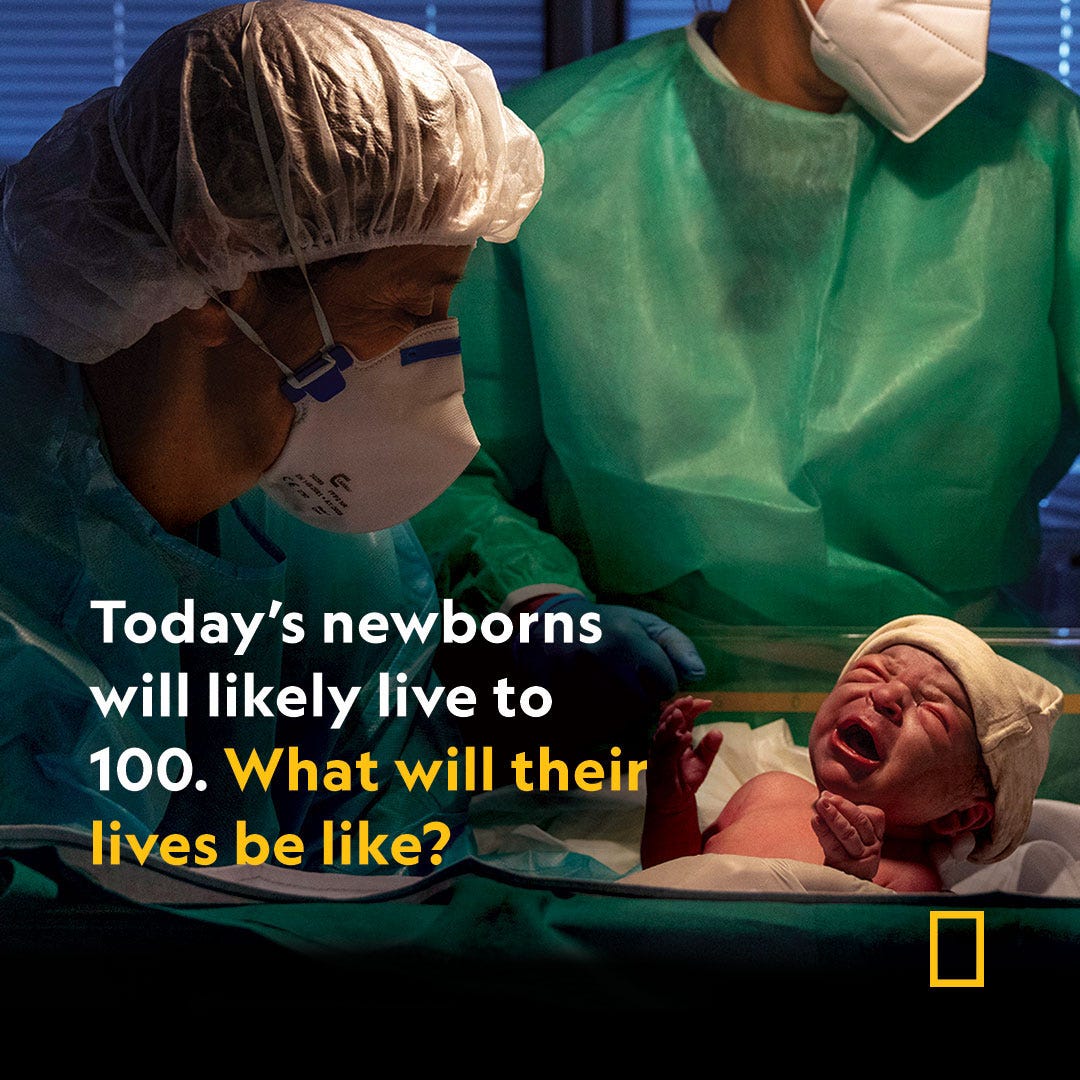Personal reinvention as a longevity skillset
In terms of ever-increasing lifespans, what does it mean to “find your tribe” at 55? We continue to get further away from the days of “work until you’re 65 and then try to eke out another 10 years worth of retirement, golfing, and grandkids”. The calculus changes when we start to look at living 30+ healthy, post-retirement years. I argue that our ability to reinvent ourselves - even as we become more set in our ways - will help us thrive later in life. Finding new tribes is part of that skillset.
Turmoil.
This weekend marked one year since Minette and I moved from California back to Colorado (for the second time in our lives) and we’re just now starting to actively look for local groups and relationships to expand our circle of friends. Minette is a champion at this: me, not so much.
Why did it take us a year? I think we were just trying to process the change. In our mid-fifties the move felt heavier - emotionally, physically, mentally. Between all the home improvements on both ends, the financial wheeling and dealing, and the packing/unpacking it just wore us both out. Once we got that done it was time for us to watch both of our children to go through stressful situations where we could only shepherd them (if that). Add to that my transition from main breadwinner software guy to writer and mix in some therapy sessions and it left me questioning. There were just a whole bunch of old constructs and fears that made up my behavior: just who was the person inside all of that?
Whats next?
Oddly, a big moment in this transition was updating my bio and email signature to say “Writer”.
Now that I’m telling people “I’m a writer” I hear my language changing, where the part about “I was a software engineer for 30 years” is morphing to “I’m a recreational coder”. Similar to how it’s morphing from “we’re empty-nesters” to explaining what our mostly-adult kids are doing. It’s strange to have life be fluid like this. My life has generally been static situations that lasted a number of years (usually the length of a job) punctuated by a flurry of change. Sure, there was lots of change in there but not like this.
I’m fascinated by this transition of people “into their second act”. I found a great newsletter that is similar to this one -
- that looks at people living 4-quarter lives. Many of Minette’s clients find their lives in a similar flux and they’re struggling to see what it means to be this new person. Is it “old me in a new situation”, or “new me in an old situation”, or some of both?A recent article from National Geographic entitled “Today's 5-year-olds will likely live to 100. What will their lives be like?” talks about this very thing.
Today, life is broadly conceived as a three-stage, linear process: 20 years of education, 45 years of work, then retirement. It is a model that values students for their potential to become workers. workers for working, and retirees not at all. But when you can reasonably expect to live decades longer, retiring at 65, for example, no longer makes sense—not economically, not socially, and not personally. Plus, it’s tedious, even for the most avid golfer.
“The best way to be a successfully aging old person is to be a successfully aging middle-aged person,” laughs John Rowe, citing himself. At nearly 80, Rowe is a health policy professor at Columbia University, following earlier careers as a biomedical researcher, a Harvard professor, an academic administrator, and a health insurance executive. “I’m working full time; I think I’m contributing; I’m certainly enjoying myself,” he says.
— Tristan McConnell, National Geographic
New tribe attempts.
I recently reached out to our local F3 organization and did a couple of early-morning rucks with them. Lots of camaraderie and a nice group of people, but there was something I couldn’t quite put my finger on for whether I fit in. Admittedly one ruck was taken up by someone complaining about how the COVID-19 response had infringed on everyone’s rights and how Canada was becoming totalitarian - I have little patience for those views, especially at 5:30am - but I was willing to ignore that. I finally figured it out from one of F3nation’s Youtube videos: at the core of their messaging is that we are always in a battle against a broken world. While that’s a great way for them to build their tribe by rallying those who perceive themselves as downtrodden, it’s just not me. There are many, many things broken about our world, but my worldview is and always will be one of positivity and flourishing.
So, I wasn’t successful in finding my tribe but I was successful in discovering a little more about my current self. I can’t just think my way into ‘finding myself’: the act of interacting with others, engaging with diversity, helps uncover what I am and what I’m not.

Now it’s time to do the same with the local running/riding/triathlon clubs.
Tomorrow morning I’m off bird-watching with the local chapter of the Audubon Society, then a Lunch and Learn with my local writers group: more opportunities to connect with others.
Reinvent, Up-level.
The “have an affair and buy a Porsche” version of dealing with transitions like this is of course vapid and shallow, but it’s also very short term thinking. What if we looked at this personal redefinition and tribe-finding process as an opportunity to put the skills in place to embrace change throughout our lives? Certainly it’s scary to think about constant change, but we’re old enough to know that being static in life is a quick way to atrophy and die. It’s a nice to know we can change, have the ability to redefine ourselves, to up-level a different skillset, to find a new tribe.







